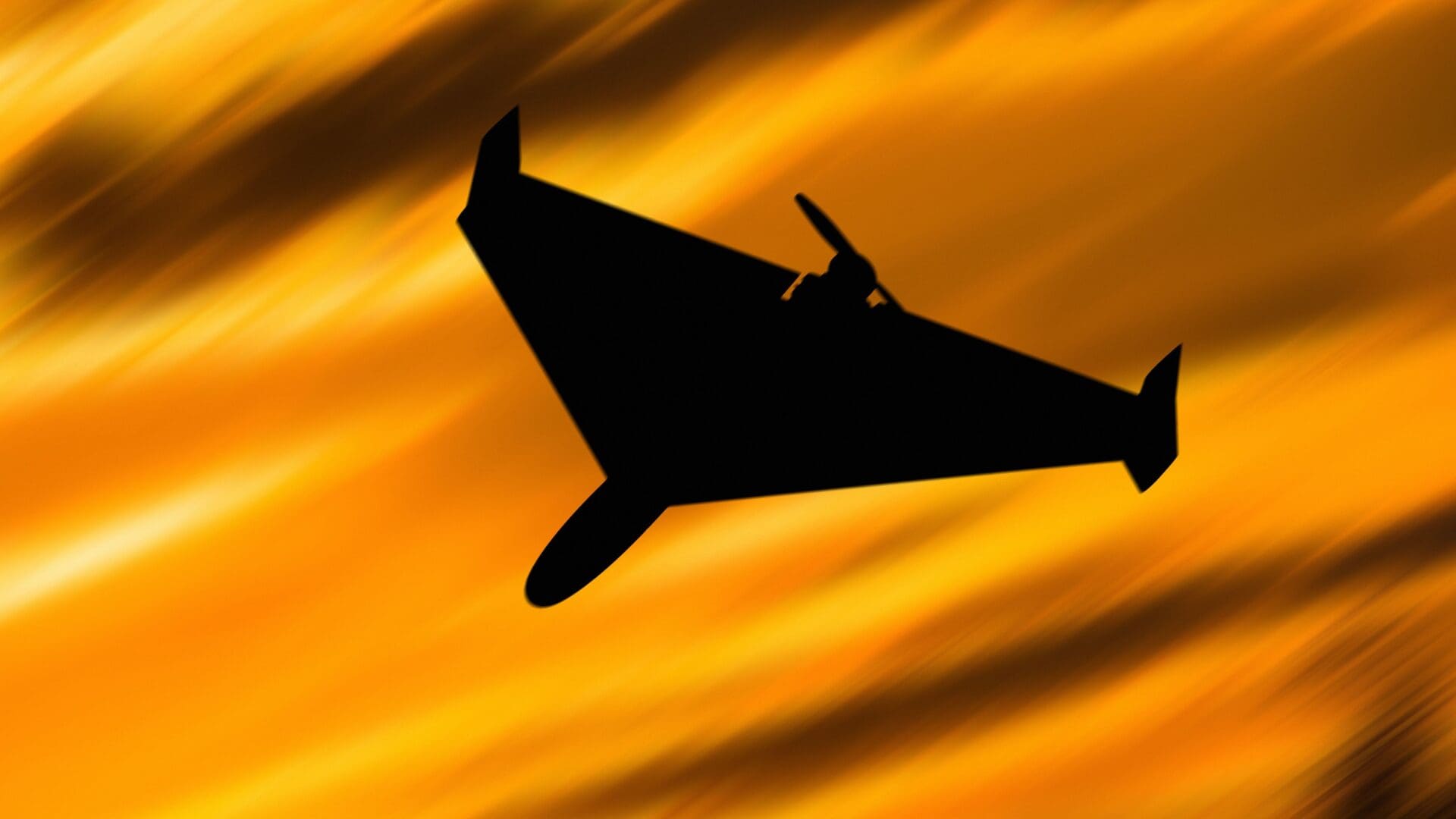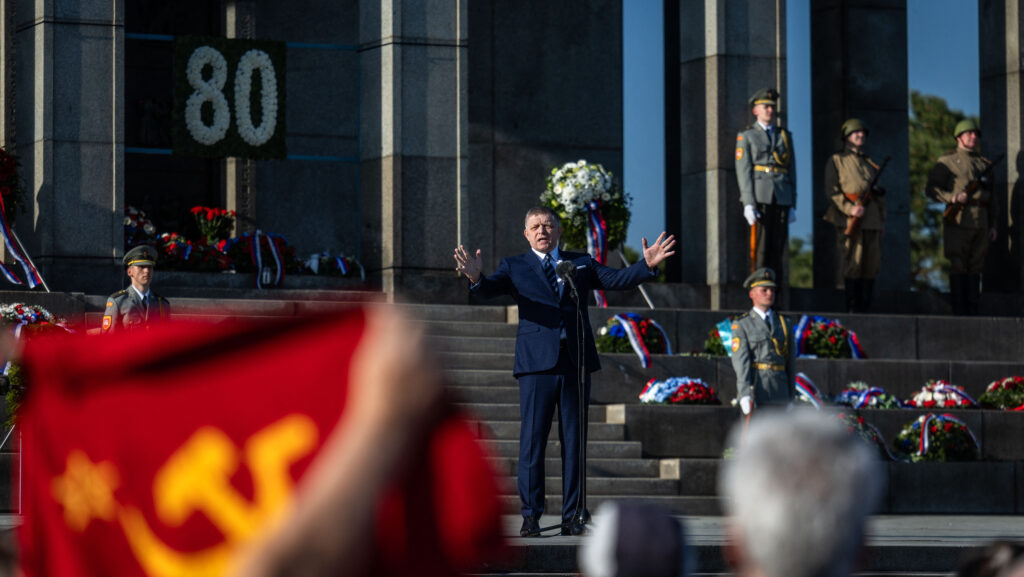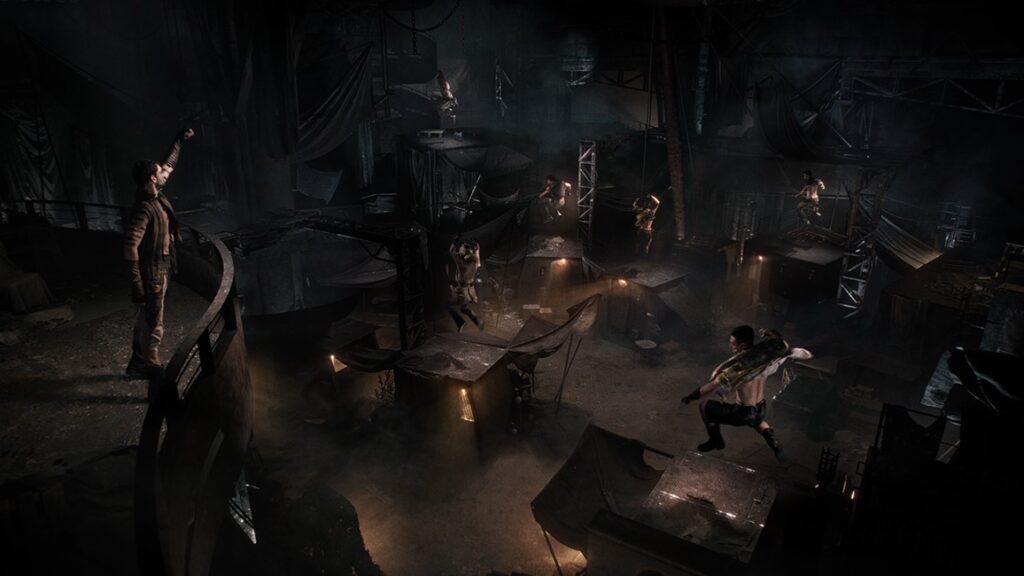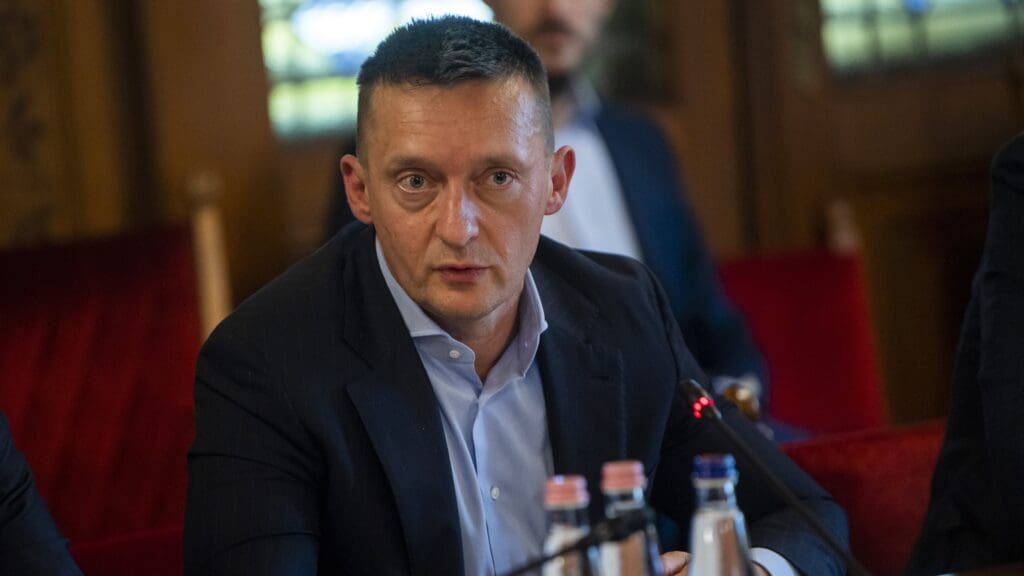The following is a translation of an opinion piece written by Gyula Hegyi, publicist, politician, and former MEP, originally published on Index.
Although the war on the Ukrainian front is at a standstill at the moment, in the hinterland, the West has won a brilliant victory in the heroic fight against Russian culture. Russian films have been removed from cinemas and televisions, cooperation with Russian museums has ceased, and Russian singers and musicians can only perform in the West and on Margaret Island if they make political statements in line with the stance of the Western governments. In the case of writers and artists who do support the Russian invasion, these prohibitions may be acceptable—the rule of classical aesthetics, according to which only the value of the work matters regardless of the judgment of its creator, was discarded already in the twentieth century.
However, banning masterpieces of classical Russian culture is a new phenomenon,
the most characteristic example of which is the new, Russian version of Leo Tolstoy’s classic Anna Karenina, which Netflix shelved after having enthusiastically advertised its upcoming premiere.
Tolstoy is not simply a Russian writer, but a defining author of the unified European culture. The original novel has fifteen different English translations and has already been the subject of numerous television and film adaptations worldwide. Even during the ‘coldest’ Cold War, Tolstoy was not banned in the United States, just as Shakespeare’s plays were not removed from the theatres of the Stalinist Soviet Union. Back then, even politicians believed in the universality of culture and its status above politics—but this belief has now been fundamentally undermined. Today, everything has to be subordinated to the political slogans of the time, which are often announced and made into binding standards not by elected politicians, but by press lords, influential billionaires, and associations with obscure backgrounds. However, what is the most terrifying is not even the working of this mechanism, but the way independent-thinking and brave intellectuals are also going with the flow. Those with a superficial knowledge of American democracy would hardly have thought that even the Metropolitan Opera in New York would be forced to select its singers on a political basis. But back then, in the previous Cold War, people like Charlie Chaplin also had to flee the United States, and the current war does not promise to be any brighter either.
Of course, there are always pleasant exceptions, too. In Italy, the campaign against Dostoevsky and Mussorgsky was successfully stopped. Meanwhile, since its foundation in 2015, the Russian Museum in Malaga has organised successful exhibitions of works of art borrowed from the collection of the State Hermitage Museum in Saint Petersburg. When after the outbreak of the Russo–Ukrainian war the Mala museum was forbidden to cooperate with the Hermitage Collection, the museum, which is also lavish as a building in itself, was facing closure. Fortunately, an English private collector, Jenny Green, came to the aid of Museo Russo and lent 76 Russian masterpieces from her own collection for an exhibition there. I have no idea what this English woman does, but I am sure she has more to do with European culture than most EU politicians.
Of course, it is easier to ban Tolstoy and the Russian avant-garde than to restrict trade. Eurostat has recently disclosed that
between February and August 2022, most EU Member States actually increased their imports from Russia.
And they increased it a lot. Luxembourg willingly boosted the Russian budget revenues by 262 per cent, Greece by 142 per cent, Austria by 139 per cent, Italy by 100 per cent, and France by 81 per cent. (So Hungary’s 132 per cent is far from being the highest percentage.) Nevertheless, it is likely that with the inclusion of alternative energy sources, Russian imports have somewhat decreased since August—but let European citizens worry about the fact that these are, of course, purchased at a much higher price than Russian sources. What is certain is that the sanctions did not achieve the goal clearly announced by the EU and the USA, namely stopping the Russian war machine. Those using a little common sense could easily foresee this, so it would be an exciting question how the Western services, research centres, many thousands of diplomats and agents stationed in Russia, and whole legions of Kremlinologists, supported with astronomical amounts of money, did not envisage it in the same way. We will never get a meaningful answer to this question.
However, we do not know the other side of the trade balance in such detail. In any case, the favourite pastime of Westerners living in Russia is making videos about the offerings of Russian shops and supermarkets, and apparently, there is an amazing abundance of merchandise on the shelves, including Western imports. Village shops obviously have a reduced selections, but Russia produces food, heating, and fuel far in excess of its own needs. As long as there is no shortage of these, the disappearance of Coca-Cola will not spark a revolution.
In saner times, instead of banning opera singers,
countries used to try to limit the military strength of their enemies or competitors with arms embargoes.
Such and similar sanctions do not cause any harm to ordinary people, but in addition to the military of the targeted country, they do harm the arms manufacturing companies of the sanctioning countries as well. It is no wonder that they get outplayed more and more often. Governments come and go, but the ‘military–industrial complex’ described by President Eisenhower will increasingly strangle the so-called democratic systems.
An independent American institute, the Institute for Science and International Security (ISIS), had the main components of Iranian drones taken down in Ukraine examined. For example, the engine of the famous Shahed 136 is German and Chinese, its electronic equipment is American, and its fuel pump is Polish and again, American. Its electronic equipment is manufactured by the Dallas-based Texas Instruments, which employs more than 30,000 people and had a pre-tax profit of nearly $8 billion in 2021—this amount is most probably sufficient to pay the lobbyists for dodging inconvenient questions. But there were other investigations, too: according to CNN, the smaller parts of the drone came from 13 different American companies, although they were not named in relation to ISIS. Some other components were brought to Iran from Taiwan, Israel, Canada, and other countries, presumably with a detour.
If the Persian State, which has been sanctioned for decades, can produce such efficient drones from Western components, then who is able to meaningfully control Russia’s twenty-thousand-kilometre border, the greater part of which, furthermore, runs along the border of countries that do not apply the sanctions?
Airing American soap operas instead of Anna Karenina is undoubtedly easier than that.
Click here to read the original article








